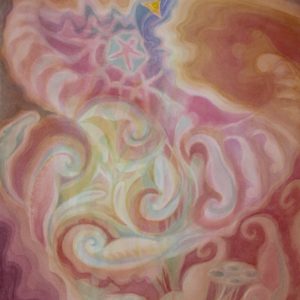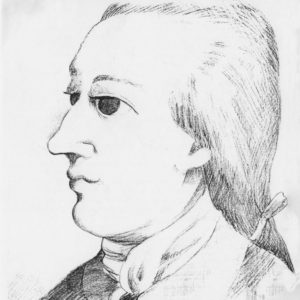Essay
[Ed: This was the first lecture of a series given by Dennis in 2002, but we only have this one transcription. It has been edited to be a stand alone. For a complete series like this, please see The Heart, Warmth and Karma: Integrating Steiner’s Spiritual Practices into Modern Healing, The Healing Power of Symbols,…
A great force in the human soul is the capacity to trust. This capacity is abundant in children. It arises out of the tremendous forces of life that pour into the embryo and then into the growing child. At the age of 21 the growth forces that form the life organs have completed their task…
In ancient times philosophers never considered their own soul life as existing separately from the world. It was widely believed that the personal will of a soul had a weak but perceptible effect on the way that the world unfolded. The weak effect became perceptible only if a soul took up the spiritual practice of…
Since the most ancient times, the application of fragrant oils to the body has provided a special and harmonizing experience. From the language of anointing in the ancient texts to the current research in essential oils the recognition that a unique dimension is offered to humans in the application of fragrant oils to different areas…
The pursuit of free energy has been a drive in human beings for millennia. The poet Goethe wrote a poem entitled The Sorcerer’s Apprentice [since made into a Disney movie] to describe the issues brought to bear by this innate human drive. In the poem an apprentice to a sorcerer is tasked with drawing water…
Using the alchemical language of sulf, sal, mercury, Dennis describes how certain minerals and hormones that govern plant growth can be seen as growth patterns of deposition and dissolution.
Understanding of these patterns can be used to select what elements to include in a plant spray.
In the inner work of developing your consciousness, there is a stage of development called “etheric vision”. This concept is found in many forms in the work of Rudolf Steiner. To form an idea of this, it is useful to look at the work of Goethe known as phenomenology, or the perception of phenomena. This…
That which dominates our imaginations and our thoughts will determine our lives, and our character. Therefore, it behooves us to be careful what we worship, for what we are worshipping we are becoming. ~Emerson Human beings have a fundamental need to believe in something. Beliefs are generally divided into two categories, immanent and transcendent. These…
Those who have tried to grasp and not merely read about the nature-consciousness developed in Goethe, know how elusive this child of the 18th century can be. For no sooner do you grasp what appears to be a limb (or branch), then at once the fragile form disappears. You hold in your hand something akin to the carbon structure of the thing or a burnt etching, but the living experience awaits the next effort of perception.




